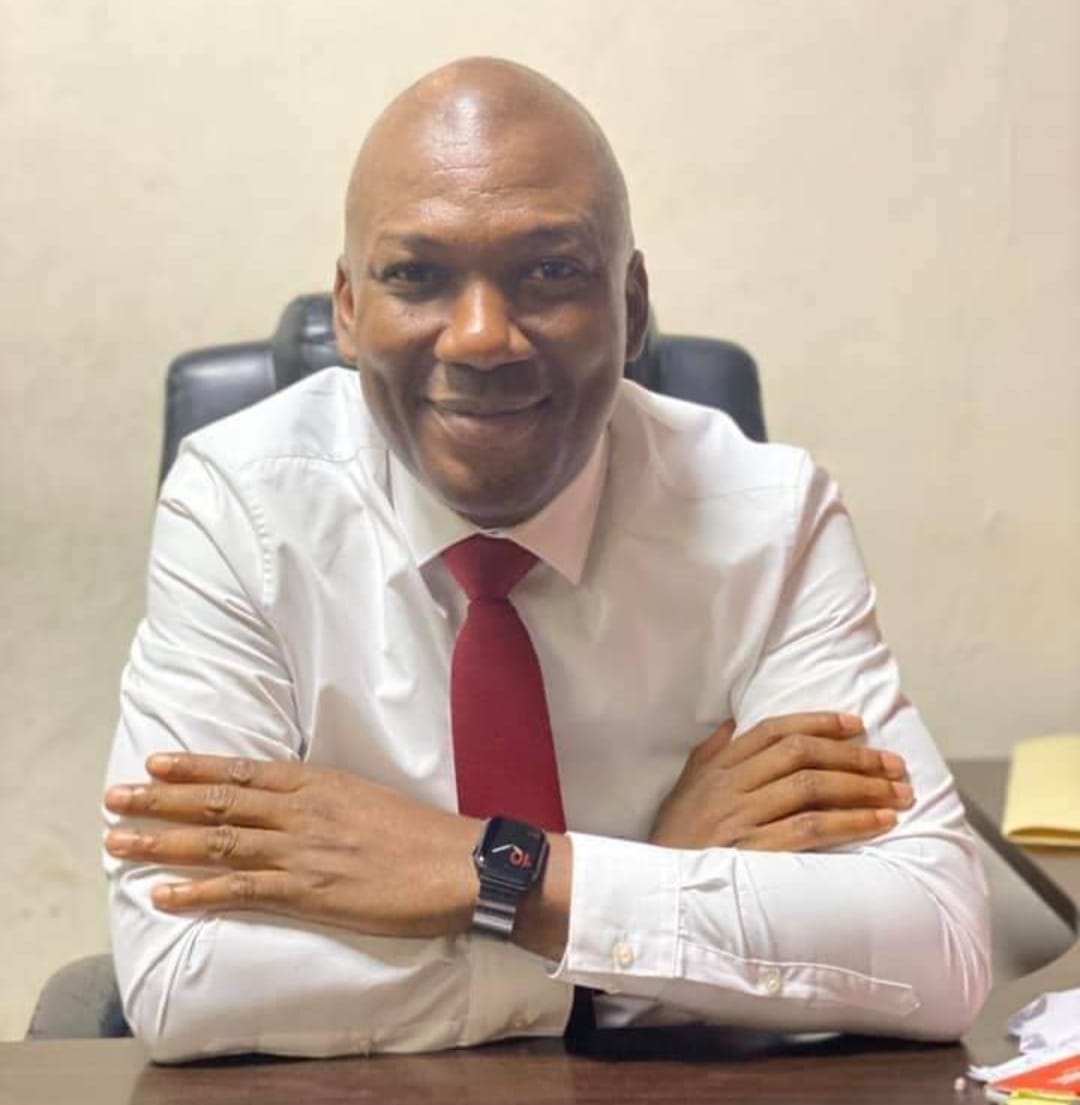INTRODUCTION
Alternative Dispute Resolution (ADR) represents an efficient mechanism for resolving disputes outside the conventional court system. This article examines the pivotal role of ADR, particularly in achieving the 16th United Nations’ Sustainable Development Goal (SDG) in Sierra Leone, a developing nation grappling with challenges to access to justice. While international laws and agreements have long recognized the importance of ADR, recent legislative developments in Anglophone West Africa, including Ghana, Nigeria, and Sierra Leone, underscore its growing significance in enhancing access to justice.
Since 2010, there has been a growing recognition in Anglophone West Africa of the efficacy and expediency of Alternative Dispute Resolution (ADR) mechanisms for resolving disputes between parties. For instance, Ghana enacted the Alternative Dispute Resolution Act of 2010, facilitating dispute resolution through arbitration (including customary arbitration) and mediation. Similarly, Nigeria implemented the Arbitration and Mediation Act of 2023, establishing a unified legal framework for the fair and efficient resolution of commercial disputes via arbitration and mediation. In line with this trend, Sierra Leone enacted the Arbitration Act of 2022, with ongoing legislative efforts to introduce the Mediation Act of 2023.
Moreover, recent reports from NAMATI, a civil society organization in Sierra Leone, stated that an estimation by the Justice for All organization stated that 70% of Sierra Leoneans depend on local courts for the resolution of their justice problems, such as child and spousal support, property, tenancy and land disputes. However, more recent research findings suggest that people and communities are moving from the State-backed court system.[1] This is due to challenges like financial extortion, flawed judicial processes, and gender discrimination, among others.
EXISTING ADR MECHANISMS
Government agencies such as the National Minerals Agency (NMA) and the Environment Protection Agency (EPA) have swiftly resolved disputes through ADR mechanisms. For example, the NMA facilitates dispute resolution by receiving and addressing complaints, often with the assistance of traditional authorities. Similarly, the EPA resolves disputes arising from environmental law violations through ADR, ensuring prompt and equitable outcomes.
Sierra Leone’s constitution provides for commissions of inquiry to investigate matters of public interest, serving as an ADR mechanism. Recent appointments, such as Justice Biobele Georgewill’s inquiry into asset matters, exemplify the country’s commitment to utilizing ADR for public interest concerns.
Organizations like the Sierra Leone Market Women’s Association (SLMWA) play a vital role in resolving disputes among members, particularly concerning debts and minor thefts. While more complex issues may require formal legal proceedings, ADR mechanisms within unions contribute to community cohesion and dispute resolution.
Legislative advancements, such as provisions for alternative dispute resolution in employment disputes and enacting the Arbitration Act of 2022, demonstrate Sierra Leone’s commitment to modernizing its legal framework. The proliferation of ADR options, including establishing an International Arbitration Centre, reflects the country’s evolving approach to dispute resolution.
The Sierra Leone Police (SLP) and its specialized units, such as the Family Support Unit (FSU), engage in ADR to resolve various disputes, including cases of violence and family neglect. By offering alternative avenues for resolution, law enforcement agencies contribute to reducing caseloads in formal courts and fostering community trust.
Under the Universities Act 2021, higher education institutions in Sierra Leone have established ADR mechanisms to address academic and institutional disputes. Despite these provisions, challenges persist in managing student conflicts effectively, highlighting the need for enhanced ADR awareness and utilization within educational settings.
PATHWAYS TOWARDS IMPROVEMENT
While Sierra Leone has made commendable strides in promoting access to justice through ADR, significant challenges remain. Key indicators, such as access to affordable justice and the timeliness of administrative proceedings, underscore the imperative for continued efforts to expand ADR’s reach and effectiveness.
ADR offers numerous benefits, including cost-effectiveness, autonomy, swift resolution, improved communication, privacy, and flexibility. By harnessing these advantages, Sierra Leone can enhance access to justice, align with the objectives of goal 16 of the UN SDG, and foster sustainable development.
While ADR has proven effective in certain areas, enhancements are needed to address emerging challenges comprehensively. For example, initiatives to expand ADR mechanisms to land disputes and traffic offences can alleviate court congestion and promote community-based solutions to complex legal issues.
THE IMPORTANCE OF ADR IN MEETING THE REQUIREMENTS OF GOAL 16
ADR represents a cornerstone of Sierra Leone’s efforts to promote inclusive, accountable, and effective institutions and achieve the objectives of goal 16. By embracing ADR across various sectors and addressing existing shortcomings, Sierra Leone can realize its vision of a more just and equitable society.
Considering the complex dynamics within Sierra Leone, it becomes unequivocally evident that significant deficiencies persist in access to justice. However, these challenges present opportunities for robust interventions, including utilizing Alternative Dispute Resolution (ADR) mechanisms coupled with establishing effective and inclusive ADR institutions.
By strategically integrating ADR mechanisms into various spheres such as marketplaces, higher education systems, local communities, and domains like land disputes and employer-employee relations, Sierra Leone can foster a culture of inclusivity wherein individuals actively engage in the resolution of their disputes. This widespread availability of ADR channels not only democratizes access to justice but also instils confidence in the populace regarding the efficacy and fairness of the legal system.
CONCLUSION
Therefore, it is imperative to underscore the centrality and indispensability of ADR and its associated institutions in the quest for inclusive, accountable, and effective justice mechanisms. These endeavours are pivotal for broadening access to justice and align seamlessly with the overarching objectives of Goal 16 of the United Nations Sustainable Development Goal, which is to foster peaceful and inclusive societies. Thus, the imperative lies in prioritizing the development and enhancement of ADR infrastructure as a cornerstone of Sierra Leone’s journey towards equitable justice delivery and societal harmony.
Ishmael Sillah Sesay holds a Bachelor of Laws with Honors degree and work as a private practising lawyer at Michael and Michael, E.L Michael Chambers and as a legal officer, researcher, and human rights lawyer at the Institute for Legal Research and Advocacy for Justice (ILRAJ).
[1] Costly justice: Why communities in Sierra Leone turn to paralegals instead of local courts to resolve their justice problems https://namati.org/news-stories/costly-justice-why-communities-in-sierra-leone-turn-to-paralegals-instead-of-local-courts-to-resolve-their-justice-problems/#:~:text=Introduction-,An%20estimated%2070%25%20of%20Sierra%20Leoneans%20depend%20on%20Local%20Courts,Court%20system%2C%20to%20paralegal%20organizations.







